
Electric Scooter UK Law: What You Must Know in 2025
Understanding the electric scooter UK law is key if you want to ride legally and avoid penalties. The rules can be confusing, especially when it comes to the difference between private and rental scooters.
Privately owned electric scooters are not allowed on public roads, pavements, or cycle lanes, and using one in these areas could result in fines or penalty points.
Rental e-scooters, however, are permitted in select cities under trial schemes. Knowing the legal boundaries helps you stay safe and compliant.
Learn where you can ride legally, what the new rules mean, and how to avoid fines while riding smart.
Are Electric Scooters Legal in the UK?
Electric scooters, also known as e-scooters, have become increasingly popular in the UK. Yet, their legal status is often misunderstood. Here's what you need to know:
- Ownership: You can legally own an electric scooter in the UK without any issues.
- Public Usage: It's illegal to ride privately owned e-scooters on public roads, pavements, parks, and other public spaces. This restriction aims to ensure safety and compliance with road traffic laws.
- Trials and Rentals: Rental e-scooters are part of government trials in some areas. These trials allow the use of rental scooters on roads and bike lanes but not on pavements. Always check local regulations, as they can vary.
- Safety Concerns: Accidents and unsafe use have raised concerns, prompting strict rules. Authorities emphasize safety gear and responsible riding.
- Legal Consequences: Using e-scooters illegally can lead to fines, penalty points on your driving record, or even the impoundment of the scooter.
Remember, these rules help ensure that the streets remain safe for all road users. It's important to stay informed and compliant with local e-scooter laws to avoid penalties.
Electric Scooter UK Law: Current Legal Status
In the UK, the use of electric scooters is regulated differently depending on whether they are privately owned or rented. It's crucial to understand the specific legal rules that apply in each case.
Private E-Scooters
Private e-scooters are illegal on public roads, pavements, or cycle lanes. The only place you can legally use them is on private land, and only with the landowner's permission.
These scooters are classified as motor vehicles under the Road Traffic Act 1988. This classification means they require insurance and registration, but currently, no system allows private e-scooters to fulfill these requirements.
Consequently, riding a private e-scooter in public spaces can lead to fines or even confiscation.
Rental E-Scooters
Rental e-scooters have specific legal permissions and can be used in designated trial areas approved by the government.
To use a rental e-scooter, you must have at least a provisional driving license. This requirement ensures that users have some level of familiarity with road safety.
Operators of rental e-scooters are responsible for providing the necessary insurance coverage to riders.
Renting is currently the legal way to use e-scooters on public roads and cycle lanes, allowing you to travel legally and safely if you stick to the approved areas.
📌 Also Read: Do You Need a License for an Electric Scooter in the UK?
Electric Scooter UK Law: Enforcement and Penalties
Using an electric scooter in the UK involves understanding the legal restrictions and the penalties for illegal use. Enforcement measures are taken to ensure compliance with these laws, with various penalties in place for violations.
Penalties for Illegal Use of Electric Scooters
Using a privately owned e-scooter on public roads or pavements without proper authorisation can lead to the following:
- Fines up to £300: Riding without insurance can result in a fixed penalty notice of up to £300.
- Six Penalty Points: If you hold a driving licence, six points can be added for riding illegally.
- Seizure of the Scooter: Police have the right to confiscate scooters used in violation of the law.
- Court Prosecution: In more serious cases, riders may face unlimited fines or even a driving disqualification if prosecuted in court.
Enforcement Measures
UK police and local councils actively monitor and enforce e-scooter laws through several measures:
- "Seize First" Approach: In many areas, officers can immediately seize e-scooters used illegally on public land.
- Regular Patrols: Police frequently patrol areas known for scooter use to ensure compliance.
- Public Awareness Campaigns: Local authorities run education efforts to help riders understand the laws and avoid penalties.
- Partnerships with Safety Groups: Collaborations with schools, community centres, and safety organisations aim to inform the public and promote safe riding practices.
These steps are designed to improve road safety, reduce misuse, and ensure that riders are fully aware of the legal boundaries around electric scooter use in the UK.
📌 Also Read: Can You Get a DUI on an Electric Scooter in the UK?
Government Trials and Future Legislation
The UK government is conducting trials to explore e-scooter use, and there are plans for future legislation. These efforts aim to ensure e-scooters are safe and viable while addressing legal aspects for shared and privately owned scooters.
E-Scooter Trials
E-scooter trials have been underway in various UK cities since 2020. These trials are essential in studying the impact and safety of e-scooters as a transport option. Government trials are part of wider efforts to understand how e-scooters can fit into existing transport systems.
The trials allow for shared e-scooters rented through government-approved schemes. These trials are set up to gauge public acceptance and the potential benefits of reducing congestion and emissions.
The trials also focus on safety guidelines for riders to ensure responsible use. Your feedback and experiences during these trials can shape future policies.
Future Legislation
The UK is planning to implement comprehensive e-scooter legislation. This legislation may include technical standards such as speed limits and mandatory insurance.
These regulations aim to ensure that e-scooters are used safely and responsibly on public roads.
Transport Secretary Louise Haigh has emphasized the need for clear rules that balance innovation with safety.
The government seeks to integrate e-scooters into the transportation landscape effectively.
The new laws will address shared and privately owned scooters to regulate their use alongside other personal light electric vehicles.
This approach will help align the UK with broader European trends in e-scooter regulations.
📌 Also Read: Electric Scooter Insurance in the UK: How Much Does It Cost?
Safety Considerations and Public Concerns
E-scooters have sparked conversation about safety on UK roads. There is a noticeable increase in accidents involving e-scooters. This raises questions about rider competency and the safety of pedestrians sharing spaces with them.
- Many pedestrians express concerns about sharing the pavement with e-scooters, especially in busy areas.
- Riders must have a good understanding of how to operate these vehicles safely.
Public sentiment about e-scooters is mixed. Some people see them as a step toward modernizing public transport, while others worry about potential hazards.
Here are some common concerns:
- The need for clearer regulations to ensure the safe use of e-scooters is emphasized. Consistent enforcement can address these concerns.
-
People often call for designated lanes or paths to separate e-scooters from pedestrians and cars.
Safety is a major focus in the discussion about e-scooters. Addressing public concerns and improving regulations can help improve the experience for both riders and non-riders in the UK.
E-Scooters Compared to Other Personal Light Electric Vehicles
E-scooters and e-bikes are popular choices among personal light electric vehicles. They both offer eco-friendly travel options but have different features and legal statuses in the UK.
E-Bikes vs E-Scooters
-
Legal Requirements: E-bikes are generally treated like bicycles, meaning you can use them on roads and bike lanes. E-scooters, on the other hand, are classed as motor vehicles and are illegal to use on public roads unless they meet certain requirements, like registration plates and rear lights.
- Functionality: E-bikes often have pedals, allowing you to ride even when the battery is low. E-scooters rely solely on battery power, making range a bigger concern.
- Safety Features: E-scooters often lack features like rear lights which are standard on many e-bikes.
- Accessibility: E-bikes are typically more versatile, suitable for longer rides and offer more comfort on uneven terrain. E-scooters are compact and easy to store, making them ideal for shorter, urban trips.
Final Thoughts on Electric Scooter UK Law
Understanding the electric scooter UK law is essential if you want to ride safely and legally.
With strict rules on where and how private e-scooters can be used, staying informed helps you avoid fines, penalty points, or having your scooter seized.
While rental scooters are allowed in certain areas, private use remains restricted on public roads and pavements.
Whether you're commuting or riding for fun, always follow the latest regulations to stay on the right side of the law.
Looking for powerful, legal alternatives?
Explore our top collections:
Electric Scooters You May Also Like 👍
Frequently Asked Questions
In the UK, e-scooter regulations vary based on whether the scooter is privately owned or rented. The legal requirements and penalties for misuse are specific and important to understand.
Can I Ride A Kick Scooter On The Pavement?
Yes, you can ride a kick scooter on the pavement in the UK. Kick scooters are not motorised and are treated like pedestrians. However, it’s important to ride safely and respectfully around others, especially in crowded areas. Always give way to people walking and avoid high speeds.
Where Can I Ride An E-scooter In The UK?
In the UK, you can legally ride rental e-scooters on public roads and cycle lanes in trial areas approved by local councils. Privately owned e-scooters are only allowed on private land with the landowner’s permission. Riding a private e-scooter on public roads, pavements, or cycle paths is currently illegal. Always check local rules before riding.
Do I Need A Driver’s License For An E-scooter In The UK?
Yes, you need a valid driving licence to ride a rental e-scooter in the UK. This can be a full or provisional licence with category Q entitlement. You do not need to take a separate test, but you must meet the legal age requirement, which is usually 16 or over. Privately owned e-scooters are not allowed on public roads.
What Are The Penalties For Illegal E-scooter Use?
If you use an e-scooter illegally in the UK, you could face a fine of up to £300 and get six penalty points on your driving licence. The police may also seize your scooter. In more serious cases, you could be taken to court and face higher fines or lose your licence. It’s important to follow the law to avoid these penalties.
The Latest Posts
Explore isinwheel products
City E Scooter | Off-Road Scooter
Fastest Scooter | Kids Scooters
electric scooter uk law ·































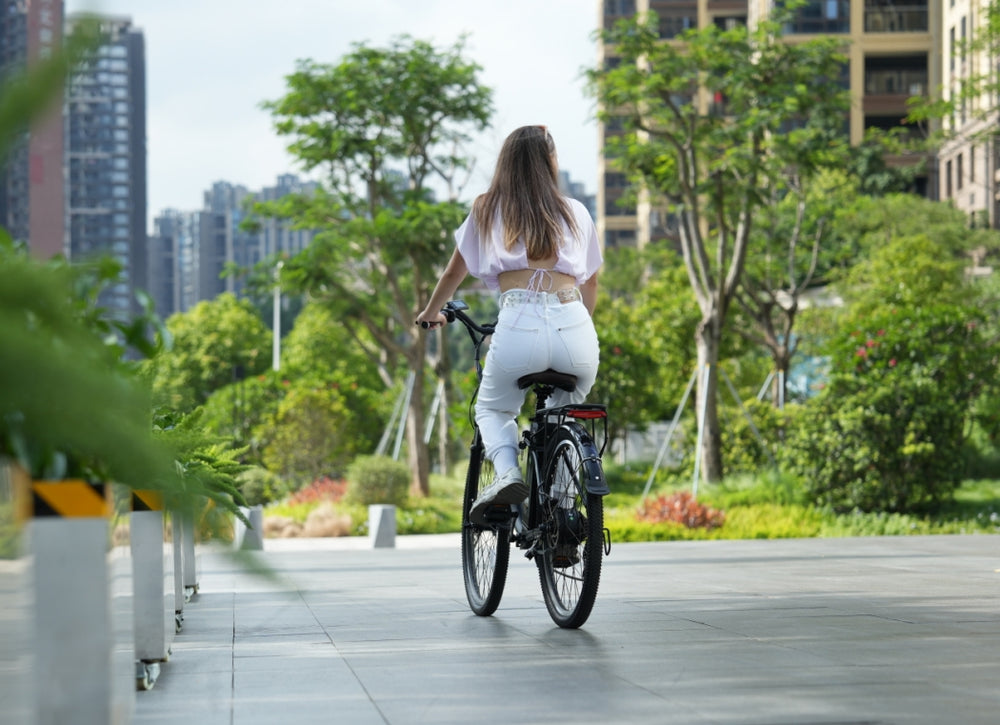

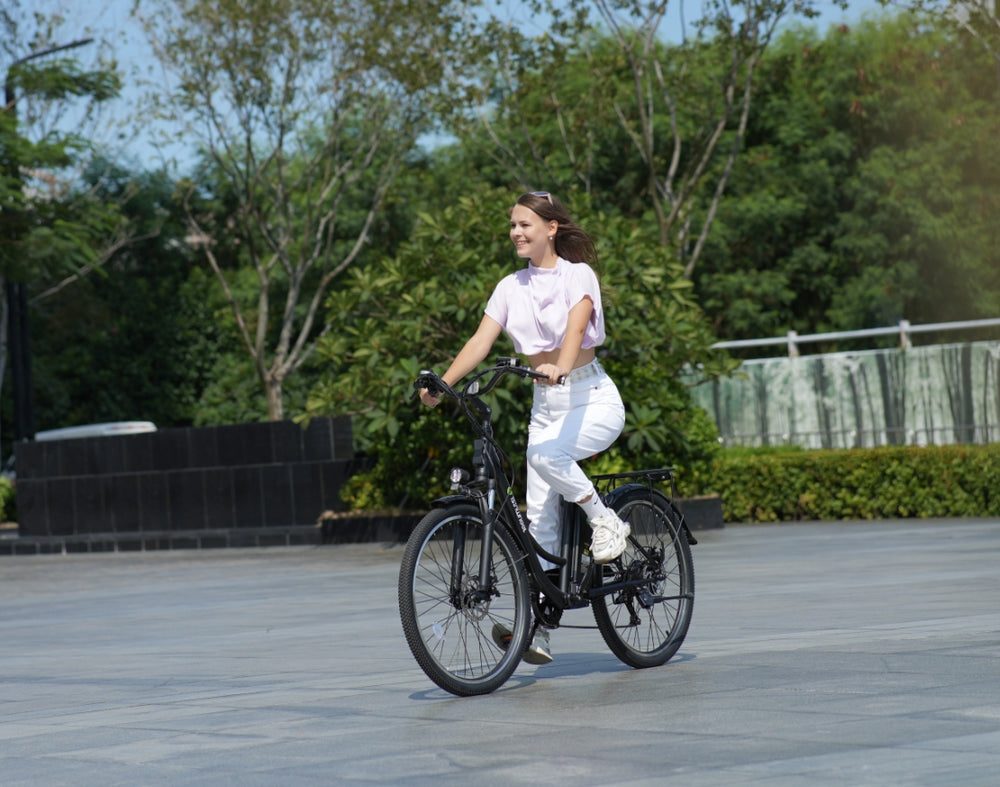
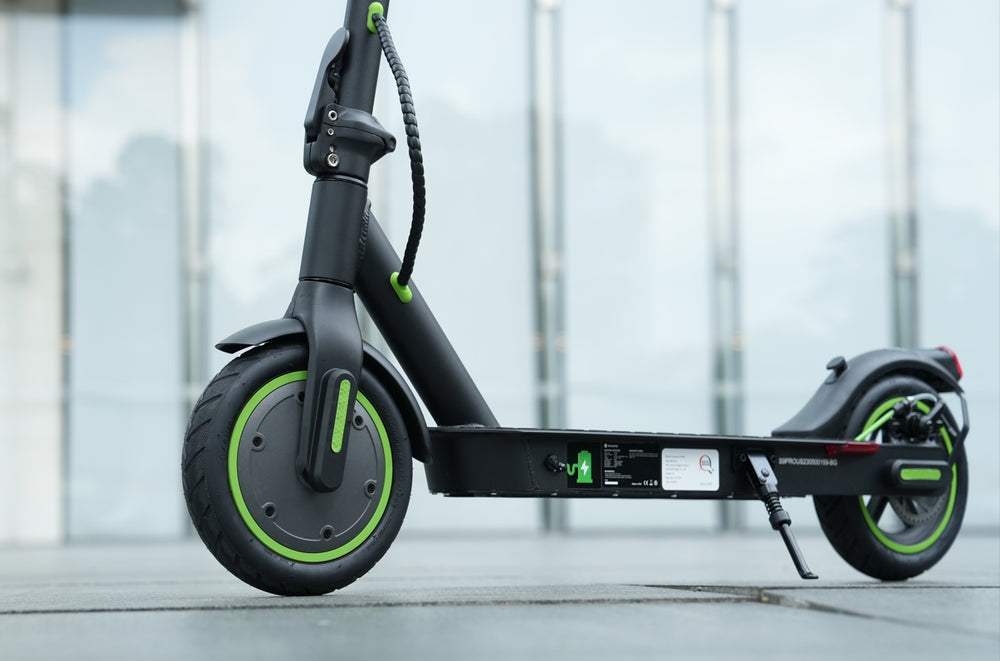
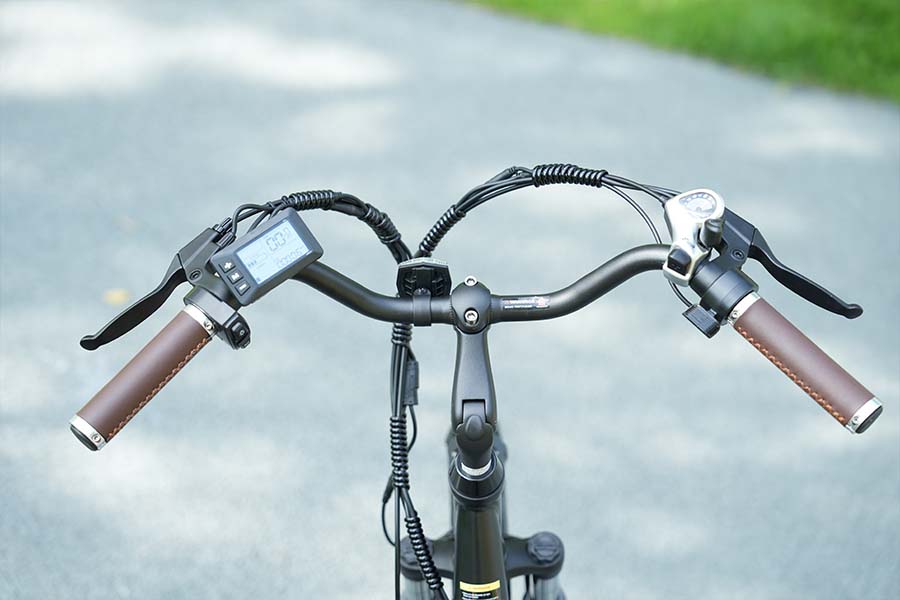
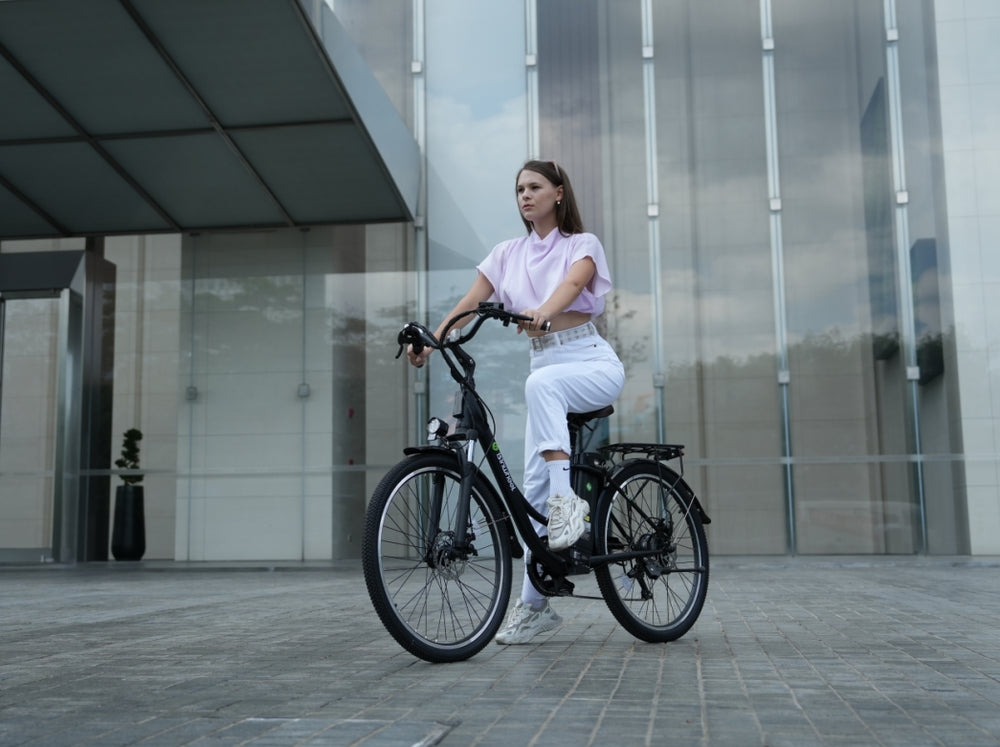
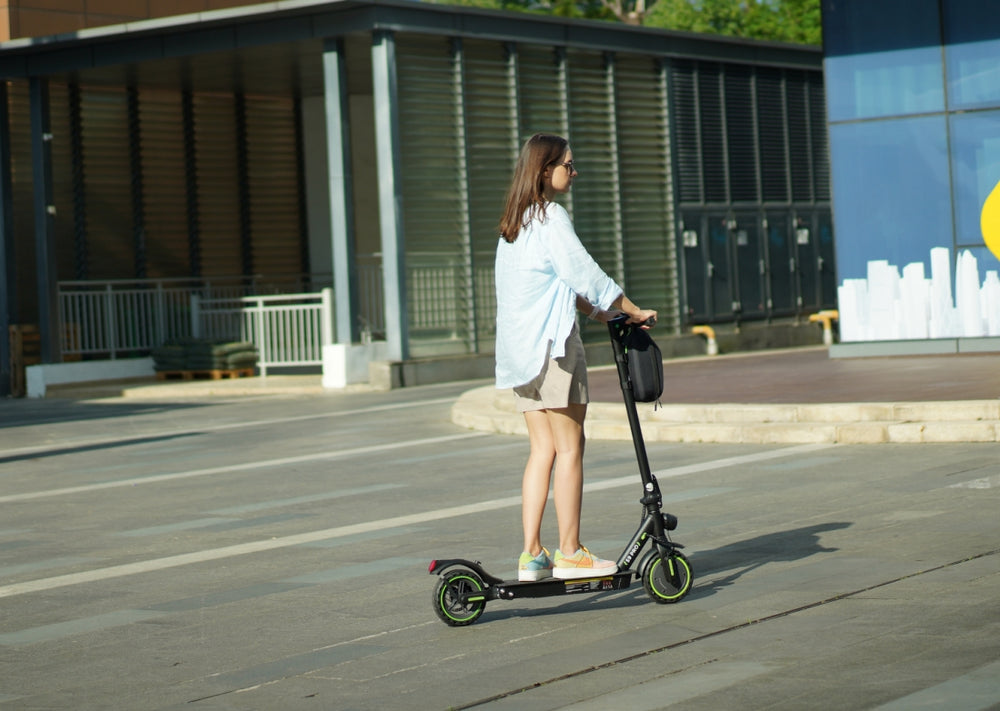
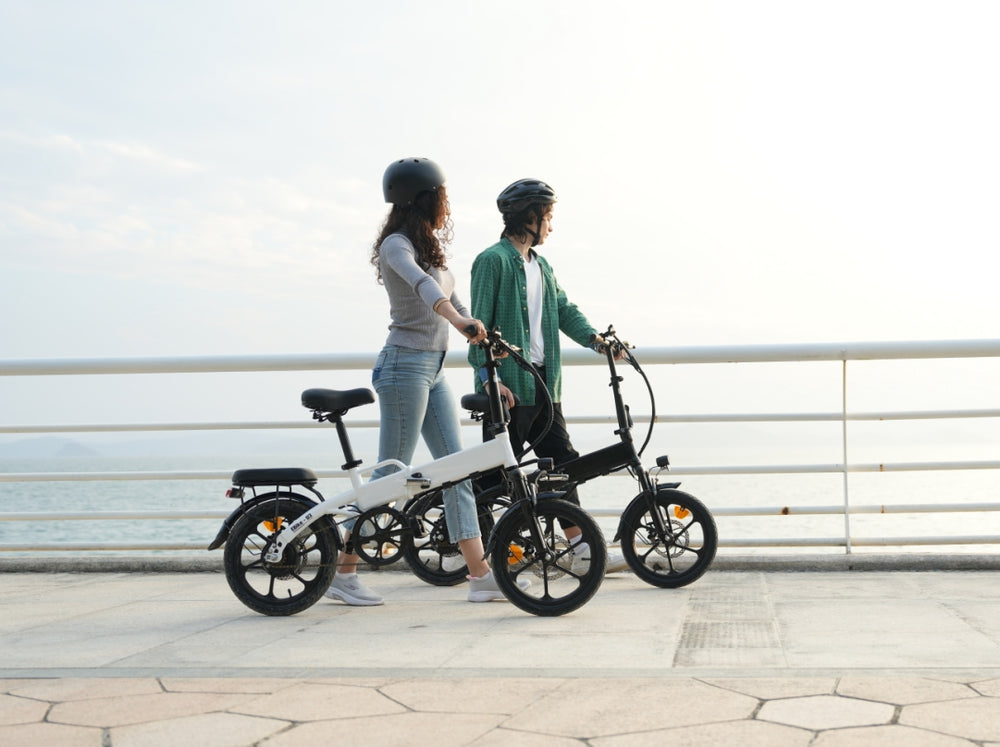
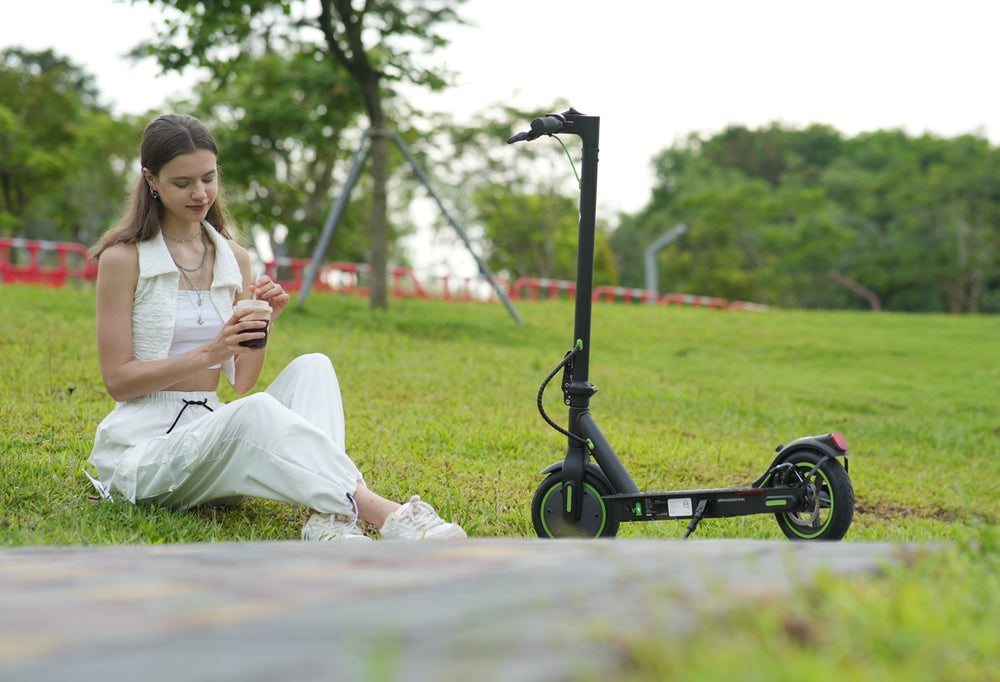
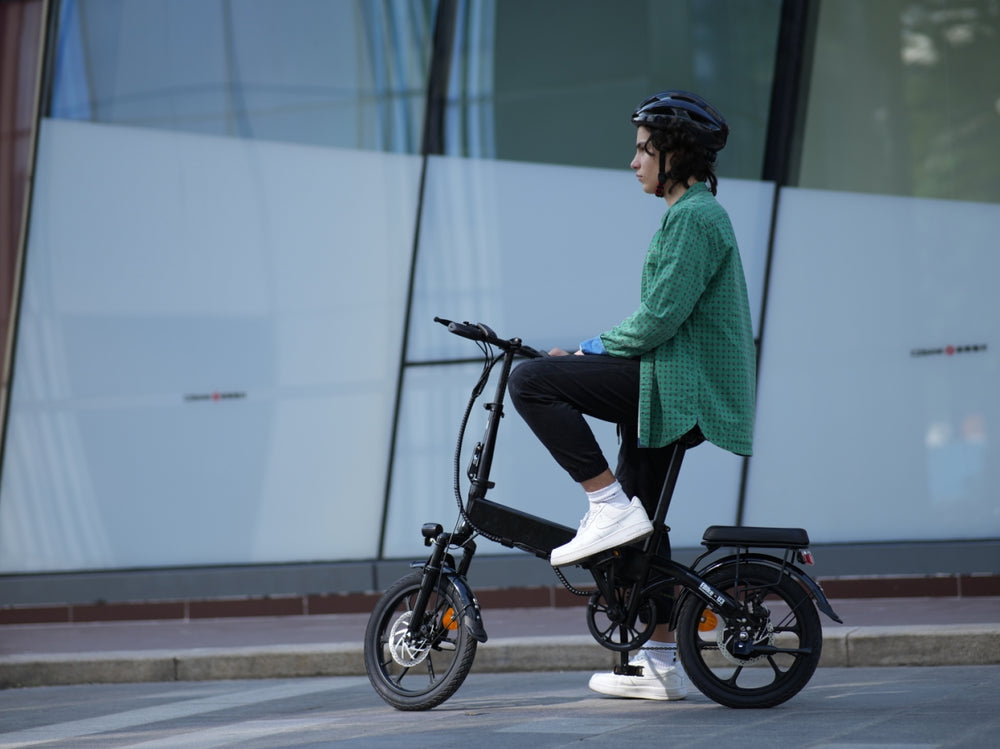
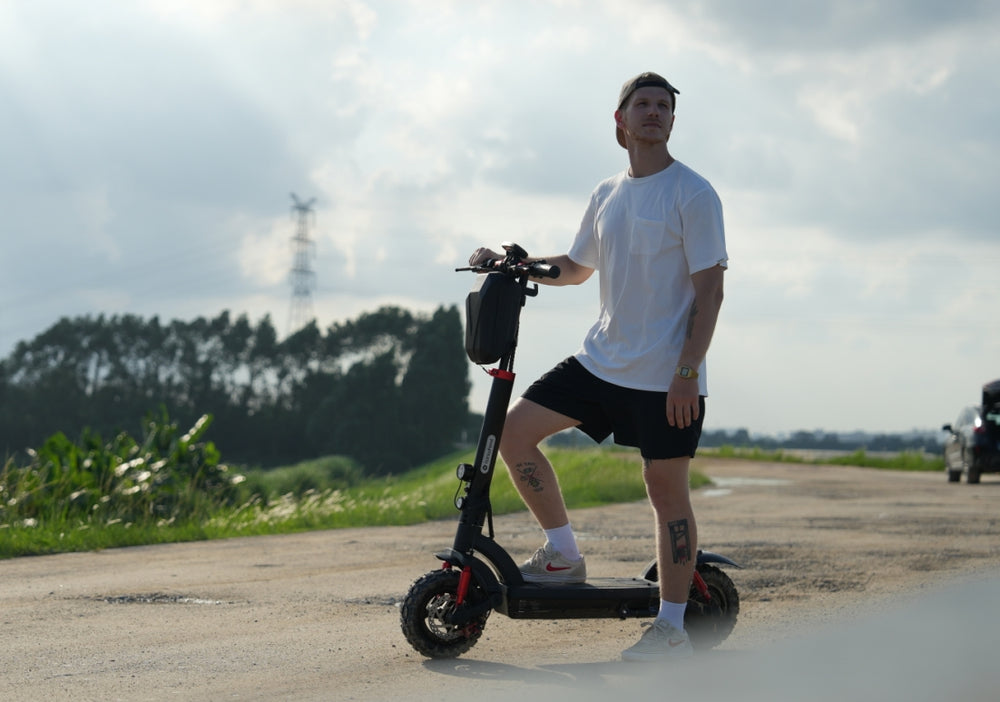

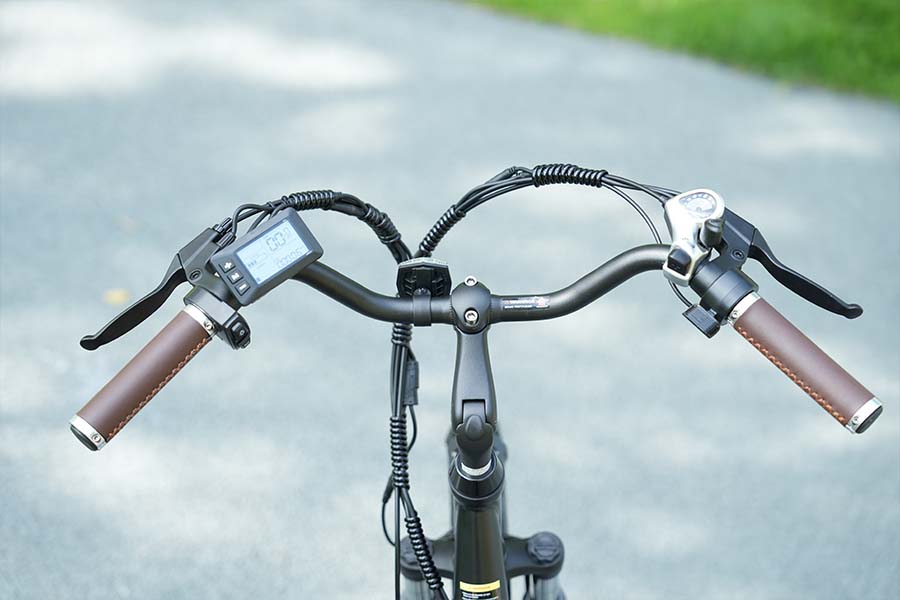
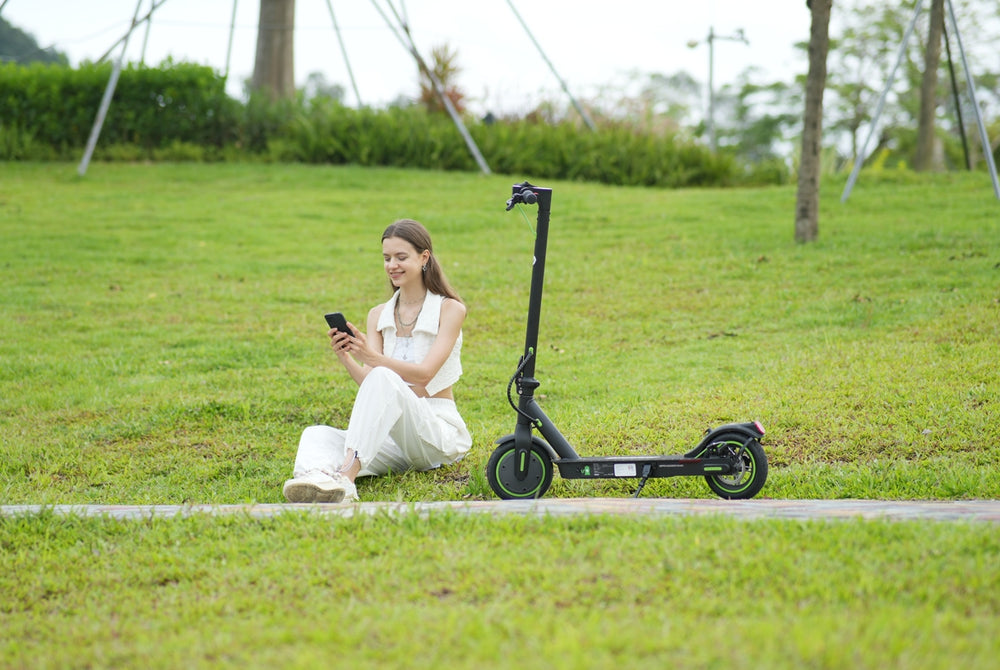

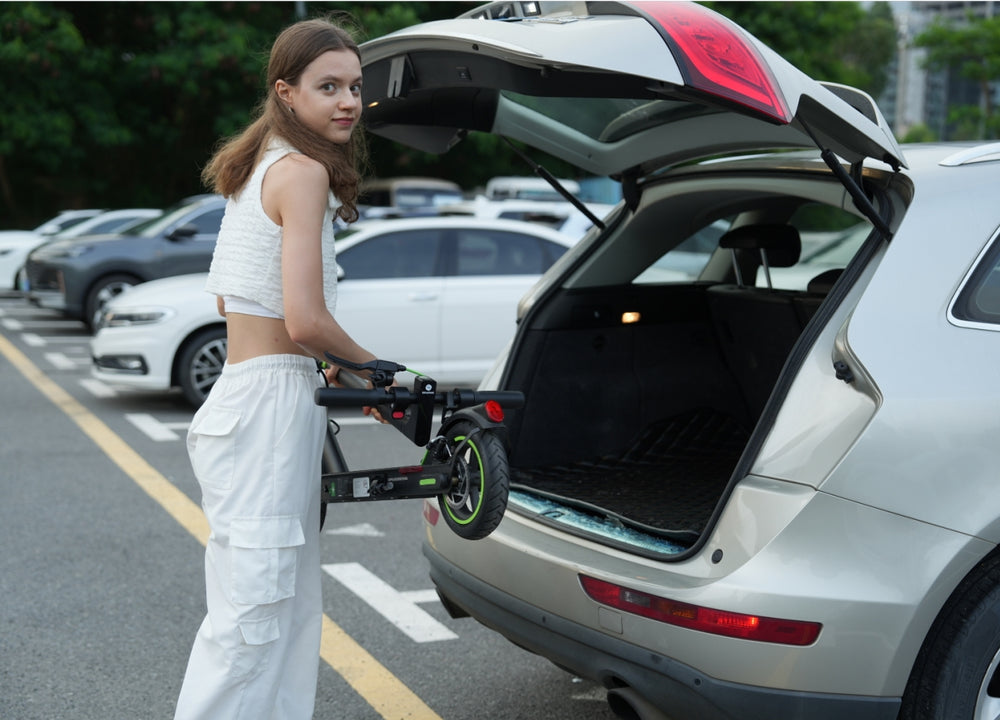

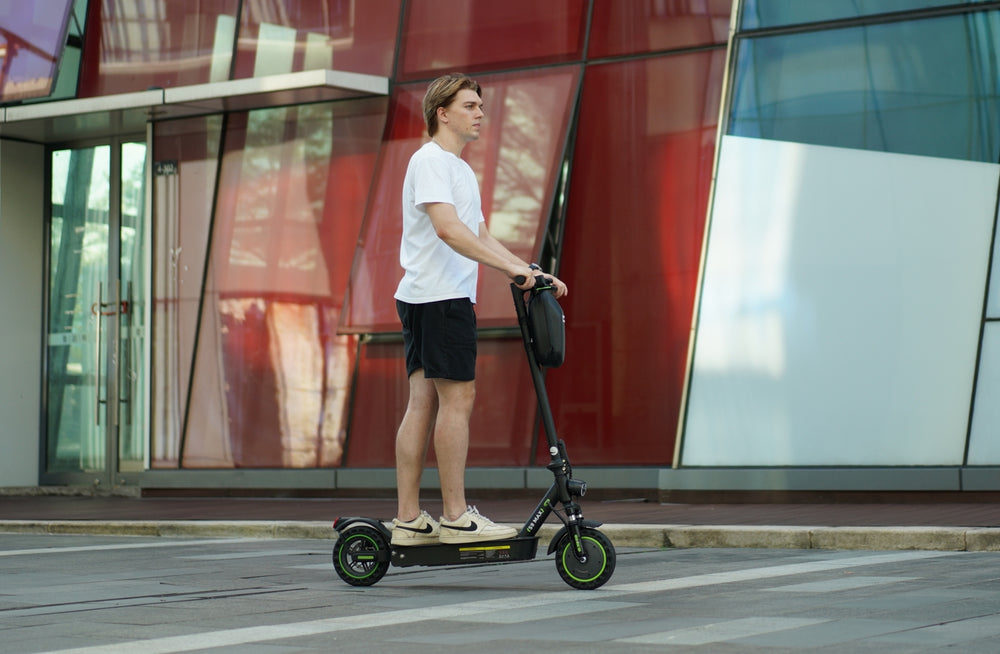
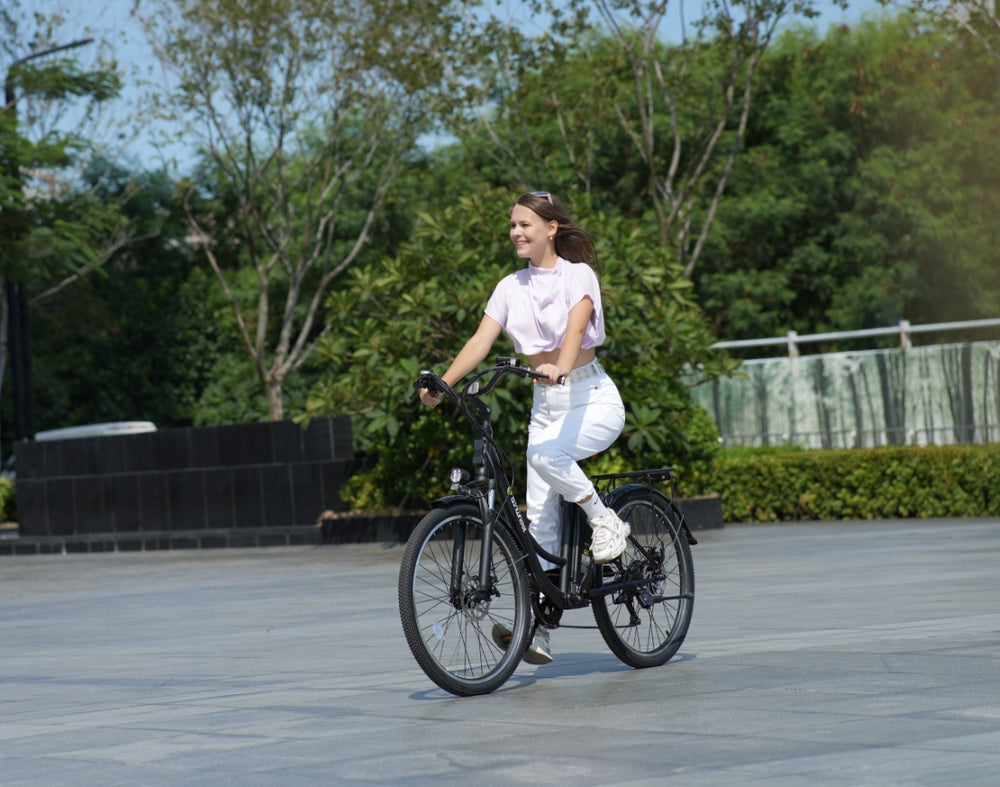

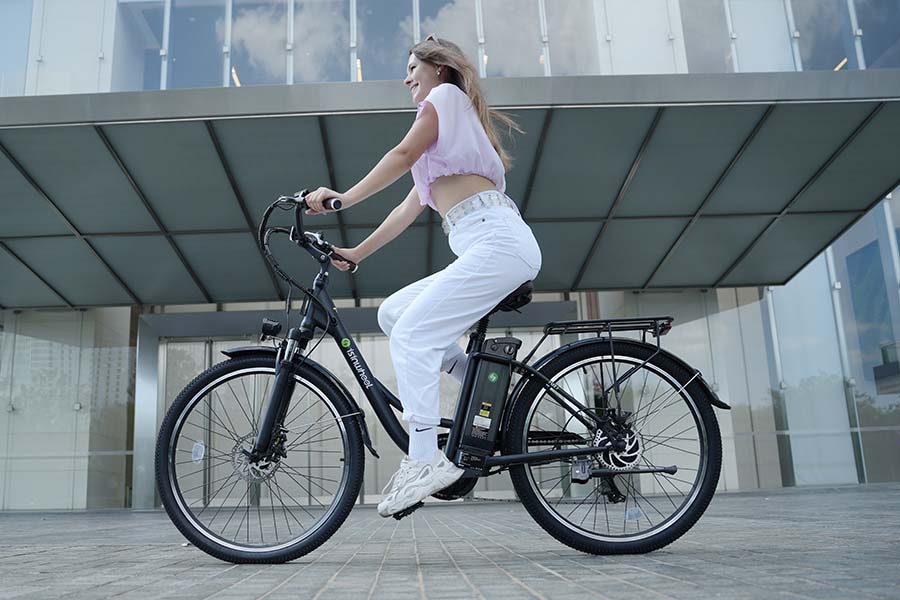


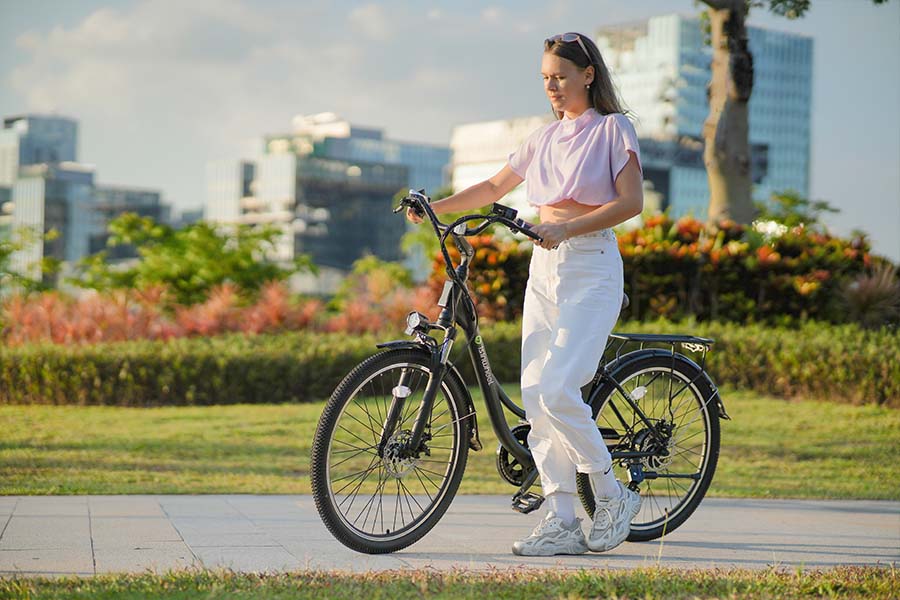
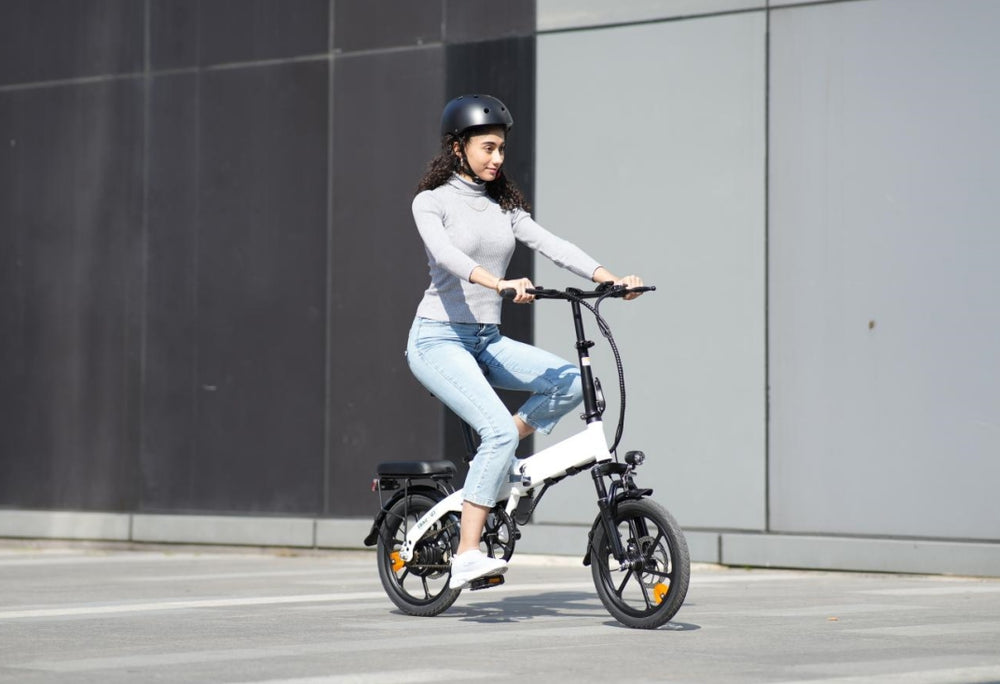
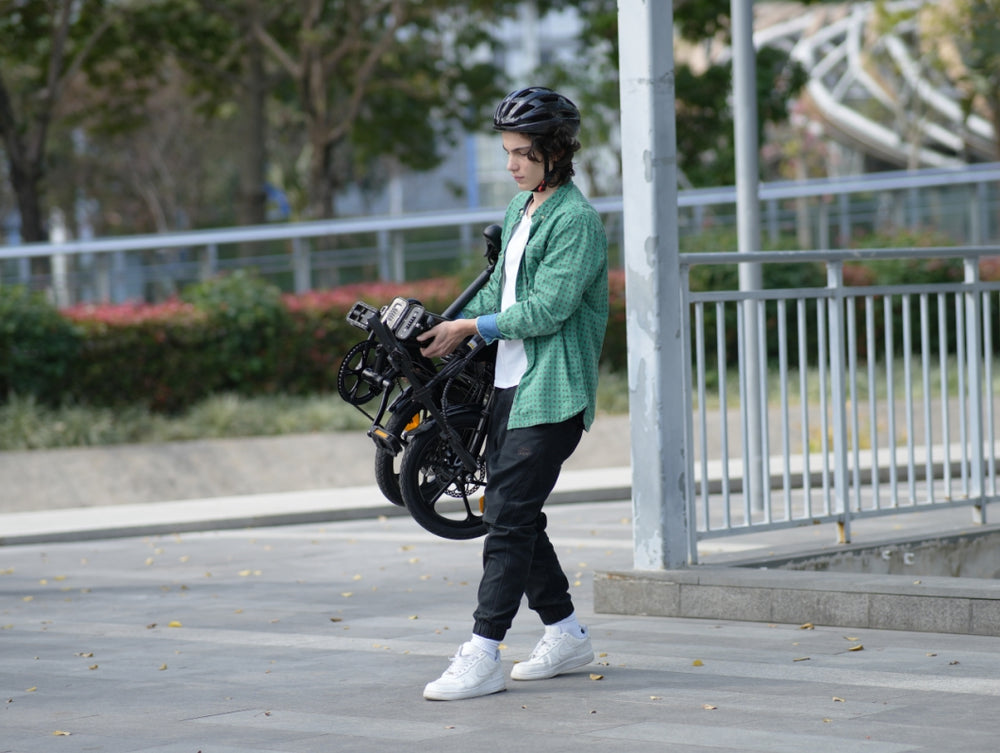


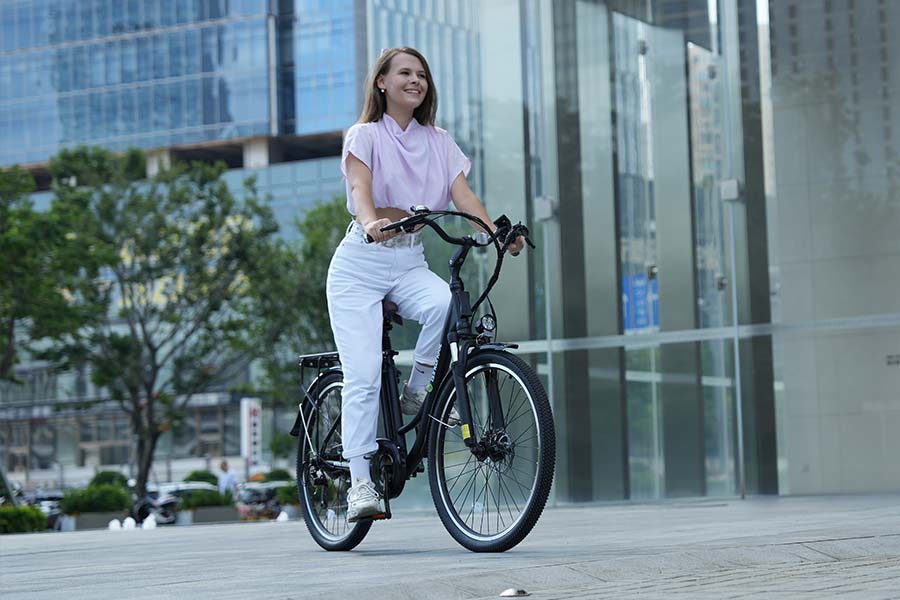

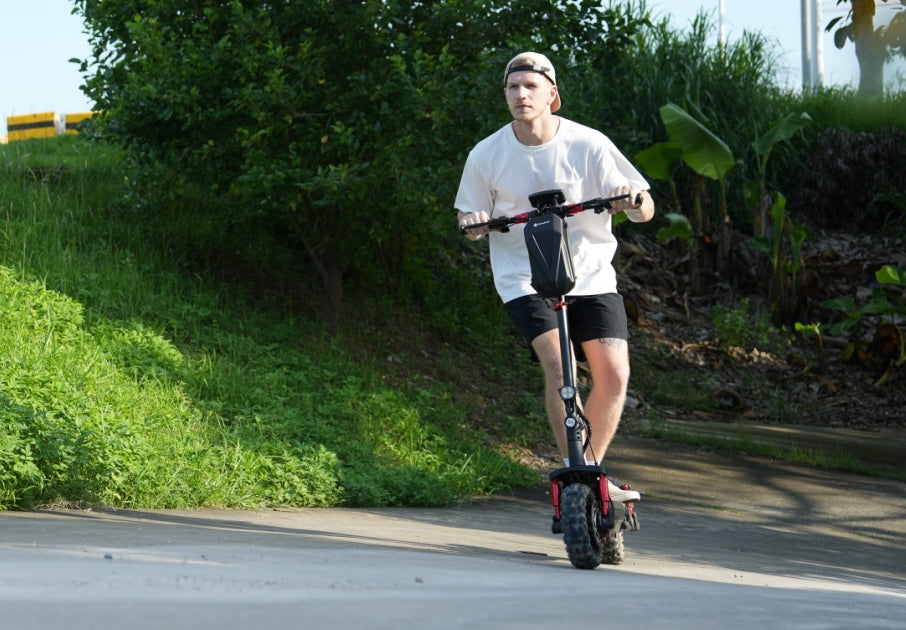
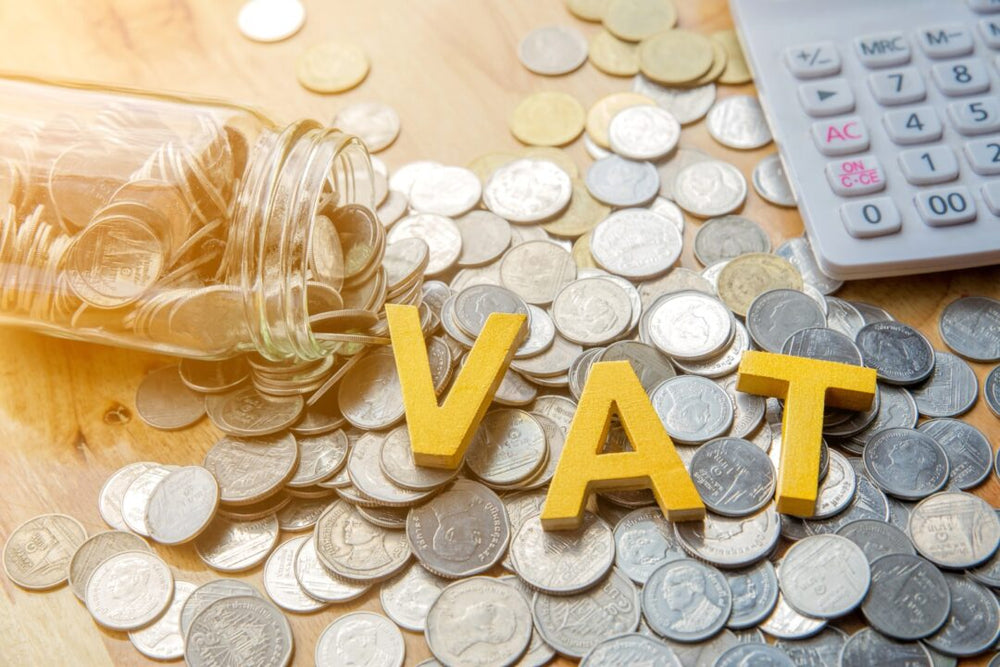
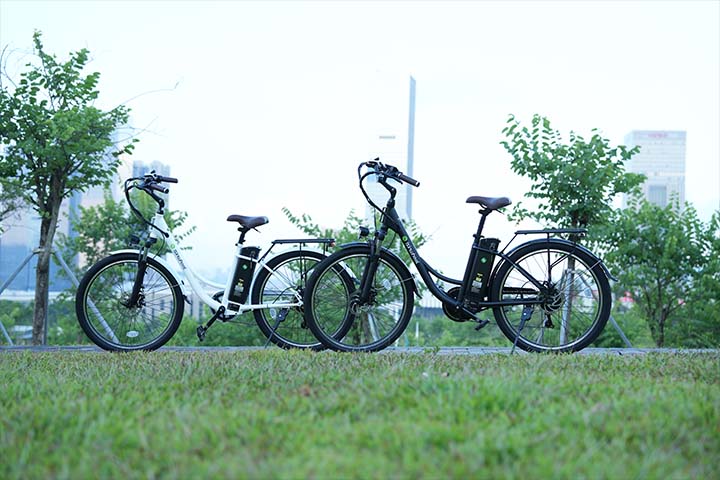

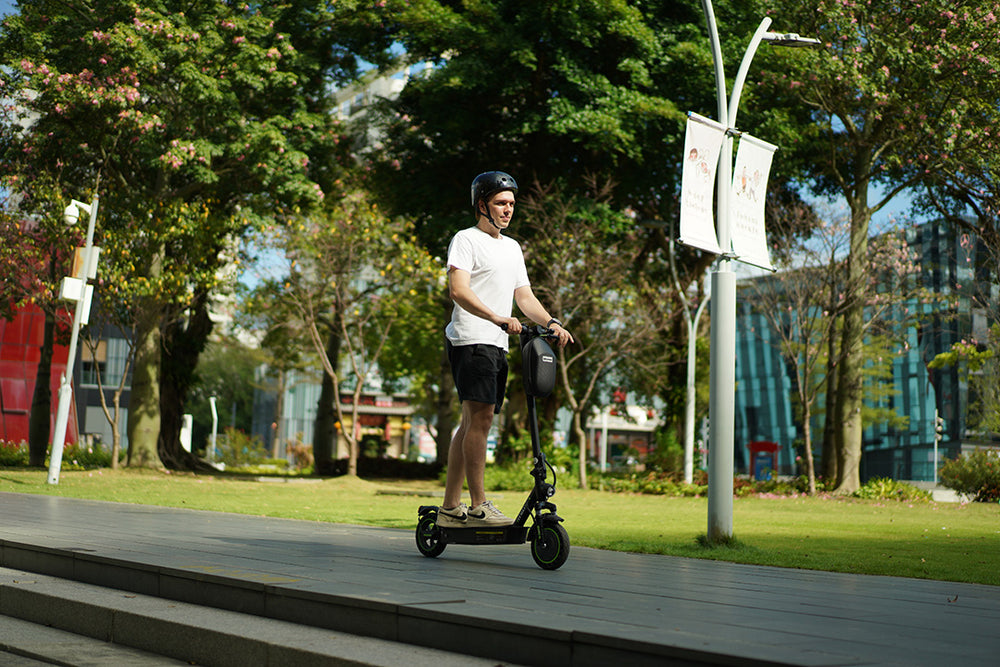

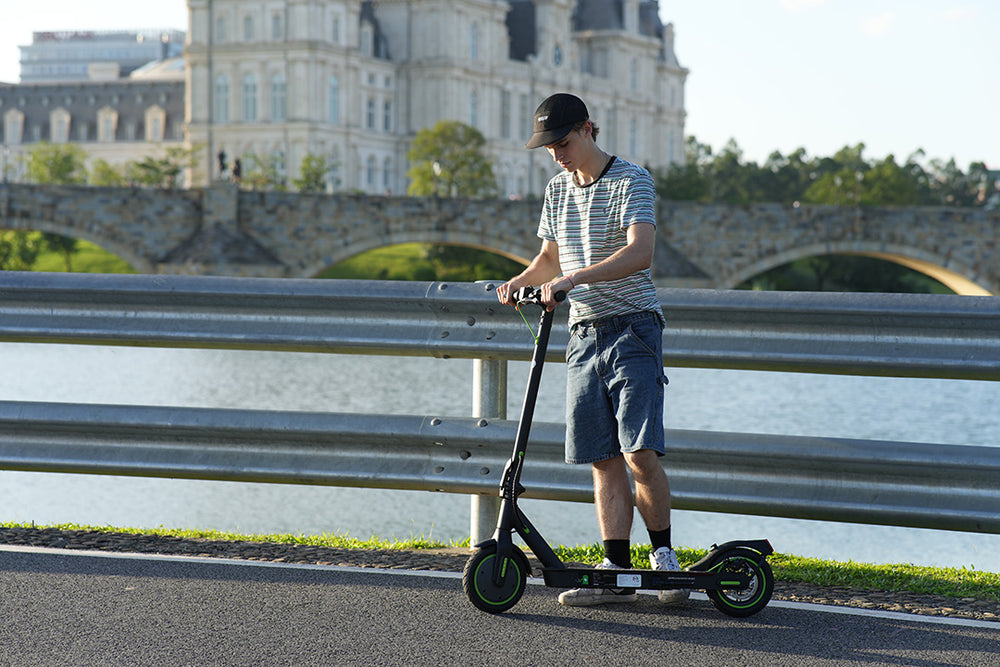
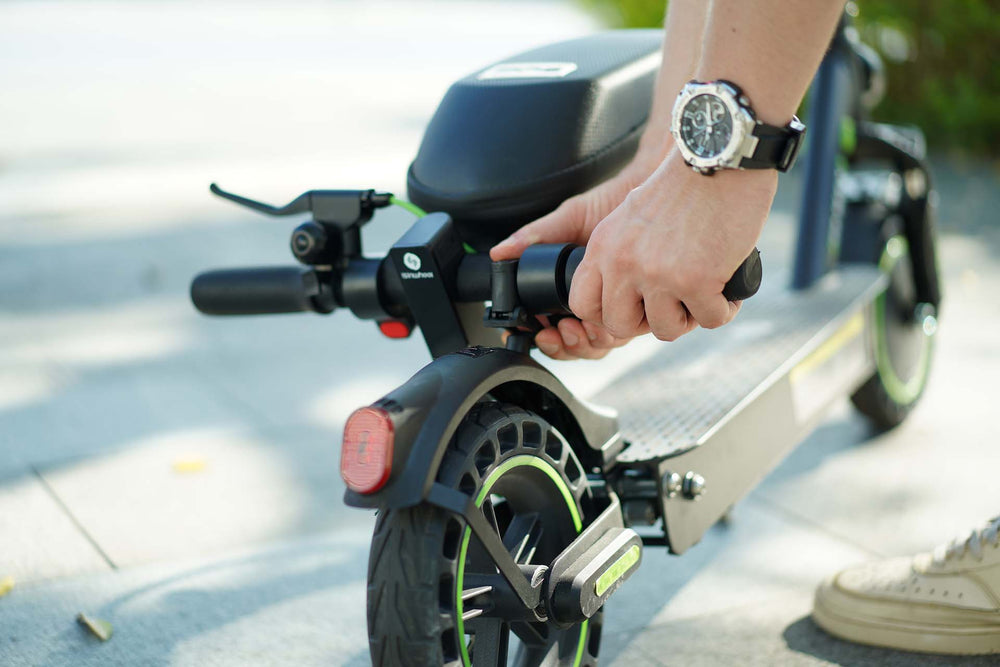
Leave a comment